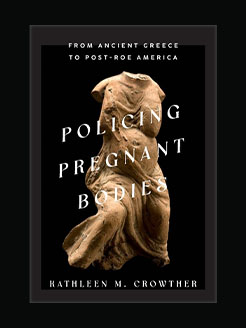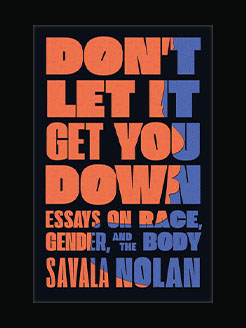Published in 2023
304 pages
9 hours and 1 minute
Arianne Shahvisi is a Kurdish-British writer and academic philosopher. Raised in Lancashire and Essex, she studied astrophysics and philosophy at the universities of Cambridge and Oxford, and now teaches applied philosophy at the Brighton and Sussex Medical School, where her research focusses on gender, race, migration, and health. She writes regularly for the London Review of Books, and her essays have also appeared in the Guardian, Prospect, the Independent,andthe Economist.
What is this book about?
Is it sexist to say that “men are trash”? Can white people be victims of racism? Do we bear any individual responsibility for climate change?
We’ve all wrestled with questions like these, whether we’re shouting at a relative across the dinner table, quarreling with old classmates on social media, or chatting late into the night with friends. Many people give kneejerk answers that roughly align with their broader belief system, but flounder when asked for their reasoning, leading to a conversational stalemate—especially when faced with a political, generational, or cultural divide.
The truth is that our answers to these questions almost always rely on unexamined assumptions. In Arguing for a Better World, philosopher Arianne Shahvisi shows us how to work through thorny moral questions by examining their parts in broad daylight, equipping us to not only identify our own positions but to defend them as well. This book demonstrates the relevance of philosophy to our everyday lives, and offers some clear-eyed tools to those who want to learn how to better fight for justice and liberation for all.







